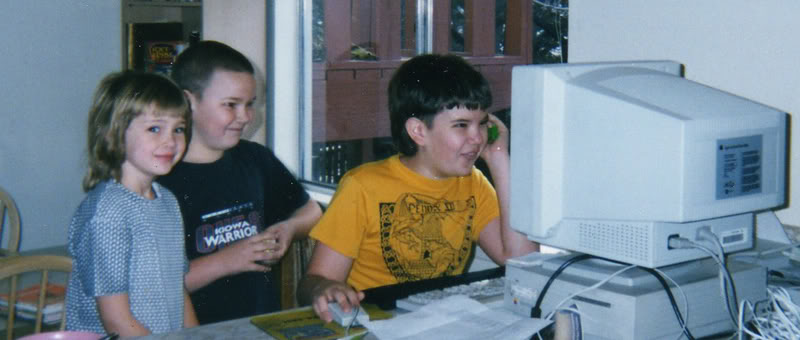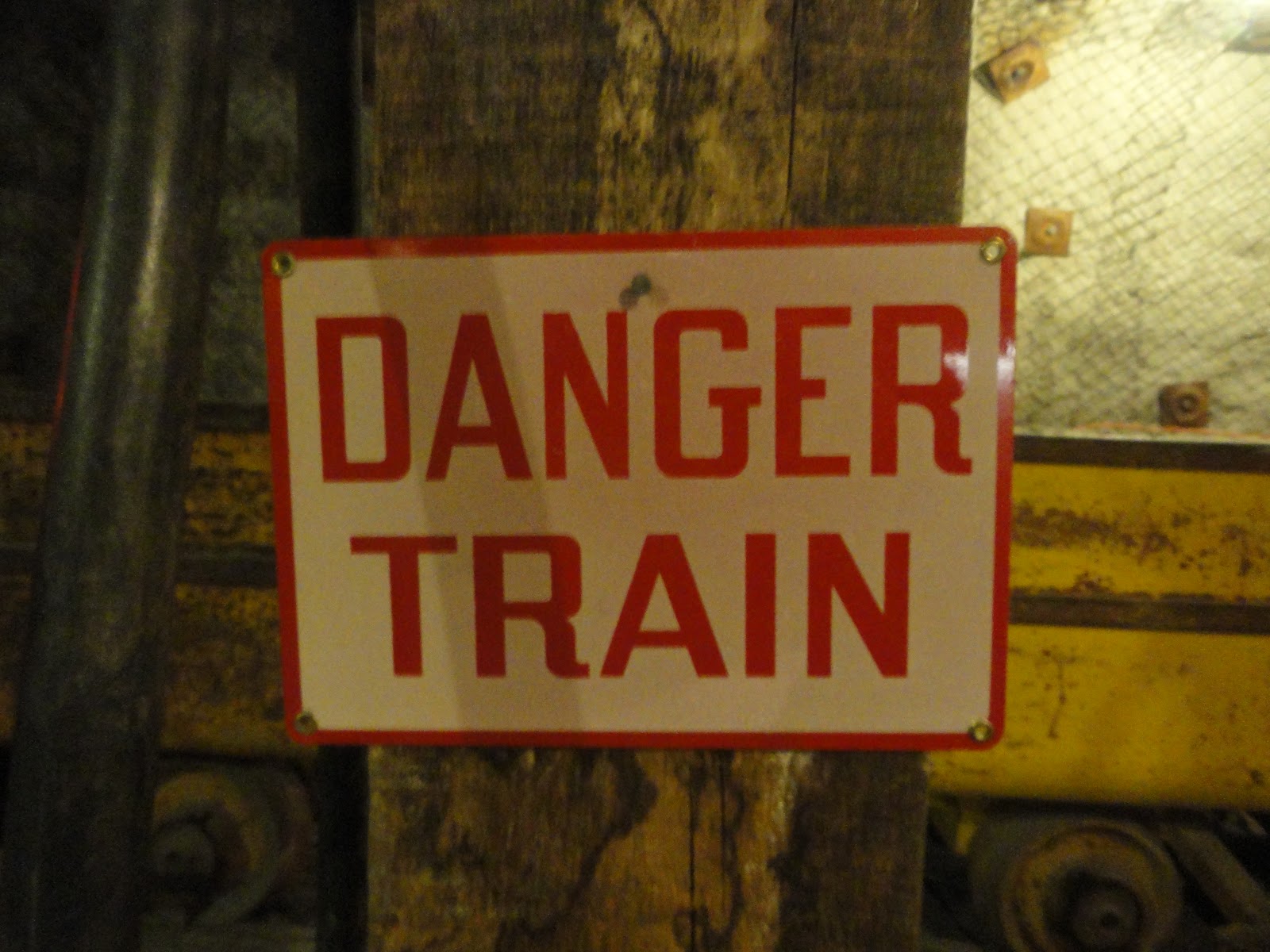
We didn't have problems with our unlimited turns, but it's because nobody ever played longer than he really wanted to just to keep another kid from getting on. Not even nearly. If Kirby knew he wanted to play for a really long time, he would offer Marty a turn, knowing Marty couldn't last so long. Sometimes I would appeal to one of them to trade out, but it was for real reasons every single time. "Kirby has to go to karate, so can he go now and you can play all the time he's gone?" or "Holly's pretty sleepy anyway, and wanted to play Zoombinis. Can she have her turn soon?"
As with so many other things (every other thing, maybe) in our lives, though, it wasn't that single slice that "worked," it was the whole set of everything. They trusted me because I had spent years being trustworthy. They knew there was no secret agenda, and that I really did want them to all have fun things to do, and that they WOULD get to be on the computer uninterrupted, soon.
That was in the dial-up days. The world is better now, with more computers in homes, with wifi, with tablets. At the link below you can also read how Pam Sorooshian handled sharing a different way, when she had three children at home.
SandraDodd.com/sharing
Helping Children Share
photo by Sandra Dodd
(re-used, because it's from the days of the writing)





















